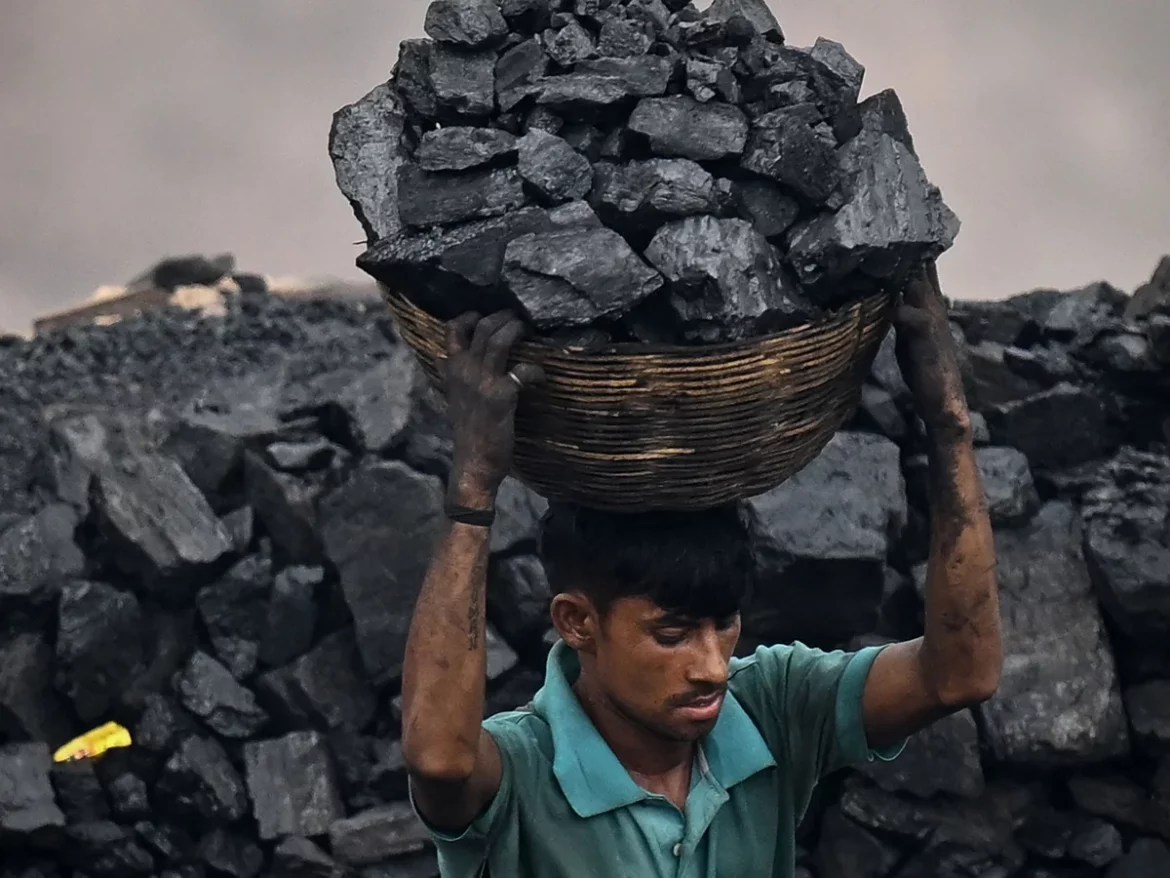Latest reports suggest that Pakistan and the Bahamas have joined a growing bloc of climate-vulnerable countries seeking to broker a global pact to phase out fossil fuels in an equitable way.
The Bahamas is said to be the 15th nation to fully endorse the proposed fossil-fuel non-proliferation treaty, which would provide a binding global roadmap to explicitly halt expansion of coal, oil and gas in a fair way – with wealthy nations responsible for the highest emissions transitioning first and fastest.
The Bahamas joins Colombia, Vanuatu, Fiji, Tonga, and Tuvalu – as well as 120 cities and local governments, 3,000 academics and 101 Nobel laureates. The World Health Organization, the Vatican, and thousands of non-profits, youth leaders and other faith organizations, have also endorsed the initiative, which is being led by countries from the global south.
Meanwhile, Pakistan becomes the first country in south Asia to formally engage with the expanding coalition to develop a treaty that would lay the foundation for a true just energy transition, tied to financial and technical support for developing and climate-vulnerable countries to ensure workers and communities dependent on fossil fuels are not left behind.
Read also: Tinubu expresses excitement over Shell’s $5bn Bonga North Deep-water Investment
Momentum for the treaty is growing after two ministerial-level meetings in 2024, and formal negotiations expected to begin next year. A number of other countries from across the world are contemplating endorsing or developing the treaty, according to Kumi Naidoo, president of the initiative.
“We are cautiously optimistic that formal negotiations on establishing the treaty will start in 2025, led by the high ambition first-moving countries which are among the most climate impacted nations – and the ones that are seeking ambitious action based on what the science is saying we need to do,” said Naidoo.
“Momentum is without question growing – similar to other processes like the landmine treaty which started with a cluster of countries coming together … once the negotiations start, it will be a major signal to the fossil fuel industry.”
Story was adapted from the Guardian.
